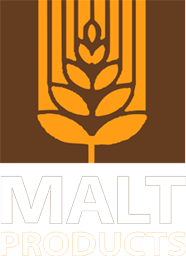Company’s EcoMolasses line enjoys gains as fertilizer manufactures and growers seek more natural, effective soil amendment ingredients.
Saddle Brook, NJ – International Molasses (IM), a leading supplier of molasses and natural sweeteners, has experienced a surge in demand for its EcoMolasses line in the agricultural sector. The increase comes as a wider set of fertilizer manufacturers and growers place greater emphasis on natural yet effective ingredients for soil amendment.
Particularly in the burgeoning organic farming industry, the push for a holistically all-natural growing process – from soil through supply chain – is creating market demand for healthier, more environmentally-friendly options for fertilizing crops. In addition, many organic foods manufacturers have adopted increasingly sophisticated agronomy techniques to determine product-specific soil amendment needs. Agronomists focus on maximizing soil conditions, crop rotation, fertility, planting density, specific crop inputs such as fertilizers, and management of diseases, working closely with local growers to disseminate these best practices. Their increased influence has led to an uptick in soil amendment research and testing as an attractive secondary market for fertilizer ingredients.
As a soil amendment and fertilizer ingredient, International Molasses’ EcoMolasses portfolio brings several benefits. First and foremost, it is completely natural, a key differentiator from products using man-made ingredients that may disqualify a food item from an organic designation. It is also food-grade, meaning it is independently edible, and is instantly recognizable by discerning organic manufacturers as safe and natural.
Its nutritive value is another asset. EcoMolasses is high in bio-available minerals – meaning minerals that plants can easily absorb. Among other minerals, molasses provides soil and fertilizer with easily “digestible” iron that plants need. EcoMolasses also is relatively high in carbohydrates, which are important for plant feeding and soil supplementation as they feed microorganisms that help break down undesirable components in the soil, such as thatch (built-up dead plant matter) or other manufacturing byproducts.

